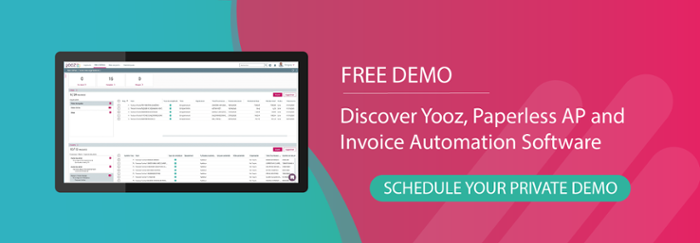13 December 2022 - Despite the continued drive of businesses towards new technology, the finance department has become stuck on its digital transformation journey, a new survey has suggested.
Less than one in ten (7%) of 200 UK finance leaders surveyed recently said they had eliminated manual processes by using accounts payable automation in the finance function.
And although more than two-thirds had eliminated the majority (37%) or around half (34%) of their manual processes, true automation is yet to be realised for many.
The survey from Yooz also showed that while 15% are using all-in-one automated Purchase-to-Pay (P2P) systems, 13% are still reliant upon Excel spreadsheets and/or manual processing. 18% have achieved a degree of automation using Electronic Document Management (EDM) systems, with 11% still opting to use ERP alongside automation.
The findings of this survey also confirm problems are still being caused by the continued reliance on manual processes: 53% of respondents said manual processes were too time-consuming (up from 43% in 2021), 37% said the business has made errors in the past (up from 26%), and 35% have paid suppliers/ vendors late at times (up from 29%).
“These findings suggest a lack of awareness or understanding of modern-day P2P solutions, which is, in turn, slowing down the automation journey of the finance function,” said Laurent Charpentier, CEO at Yooz. “Rather than opting for a single solution that can offer better end-to-end functionality, many are choosing to implement bit-part technologies that only automate certain processes.”
“With full automation, time spent on robotic and repetitive tasks is almost eliminated while staff productivity and the accuracy of payments skyrockets. Plus, with real-time reporting and forecasting capabilities, the use of automation can play a key role in times of economic uncertainty, allowing businesses to better plan ahead and navigate towards financial safety. The finance team are the unsung heroes of business, and it’s critical that they receive digital tools that can help them realise new levels of efficiency,” concluded Charpentier.







